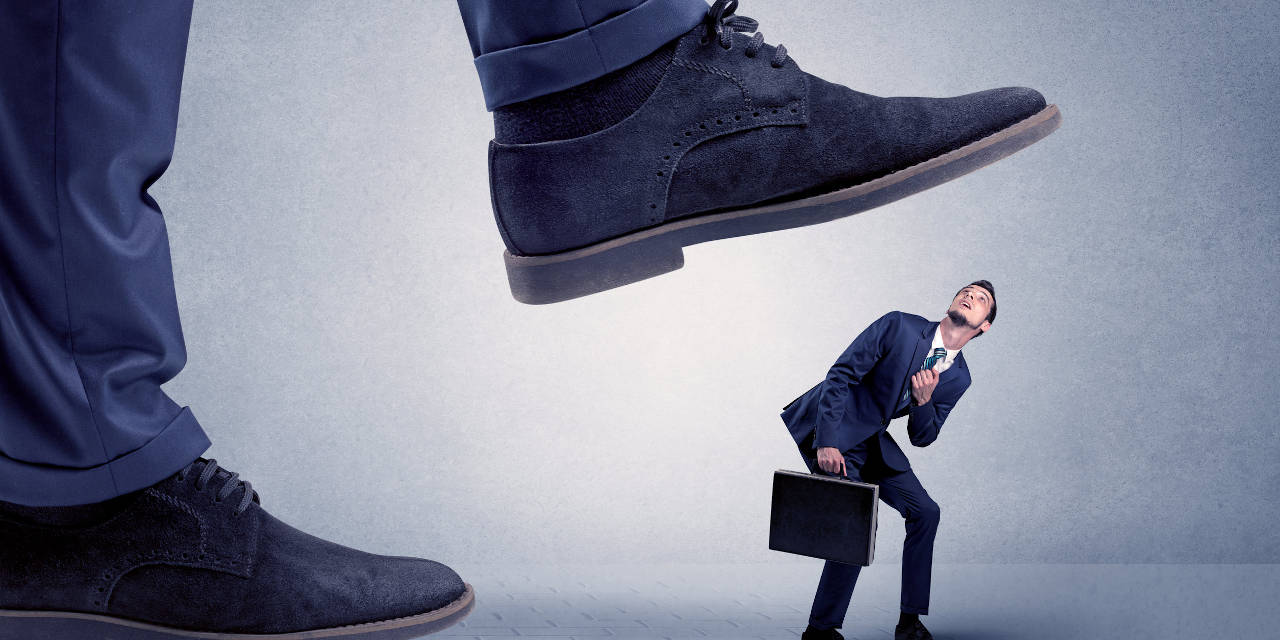By Steve Moran
The worst part of the ongoing crisis is that it feels like it will never end. Instead, it feels like the other shoe is about to drop, that we are just one random floating virus away from complete disaster. It seems likely that the world has been forever altered, as has been true more than once in most of our lifetimes. The World Trade Center attacks forever altered how we travel. AIDS forever altered medical care and the free love culture.
What We Have Come To Believe
We have come to believe that we have reached a kind of equilibrium with respect to diseases that could kill us. We believed (and maybe still believe) that because we have conquered or minimized so many things that used to regularly kill people, it was impossible for us to roll back downhill—that it was impossible for new diseases that cropped up to kill people on a large scale. This has not been a reality in any of our lifetimes. We have lived in an era where we have only cured things. We have come to believe it can only get better.
But in reality, there is no promise that this is true.
A New Reality
It seems likely that for at least the next few years, and maybe forever, we will have higher death rates, particularly in the older population. Life will feel more uncertain until we come to terms with this reality. To some degree, we are moving in that direction. There seems to be no appetite for another shutdown. It simply goes against human nature.
The problem is that in our current state, we are so concerned about physical health that we are largely ignoring the emotional impact on us humans. It is a tough equation because we end up having to deal with questions that seem heartless:
- By deciding to send kids to in-person school, we are likely saying that we are willing to have more kids die than would otherwise happen if we kept them home.
- By loosening visitation and social distancing rules in senior living communities in order to improve the quality of life, we are almost certainly going to increase death rates.
An Old Reality
In actuality, we make these societal trade-offs every single day. We sell alcohol knowing that it increases health problems and causes deaths. We allow people to drive at 65 rather than 25 even though we would save lives if we limited the speed to 25 mph. We allow the sale of fast food even though we know it is bad for everyone.
Consequences …
I’m not even quite sure I want to go here, but it is worth thinking about. In the 14th century the Black Death swept Asia, Europe, and Africa, killing an estimated 50 million people, including around 50% of the population of Europe.
It was a terrible, unmitigated tragedy. But it turned out to also have radically improved working conditions for the poorest of the poor.
I find myself wondering if there will be societal consequences that are positive. These might include reviving some of the pressure on the Social Security system and over time reducing the cost of Medicare. It might even impact the current caregiver shortage.
Don’t get me wrong. I think we should be doing all we can to save lives. To stop the spread of COVID. But as we explore what the new normal might look like, it is worth asking what it might mean.
I would love to hear your thoughts ….







